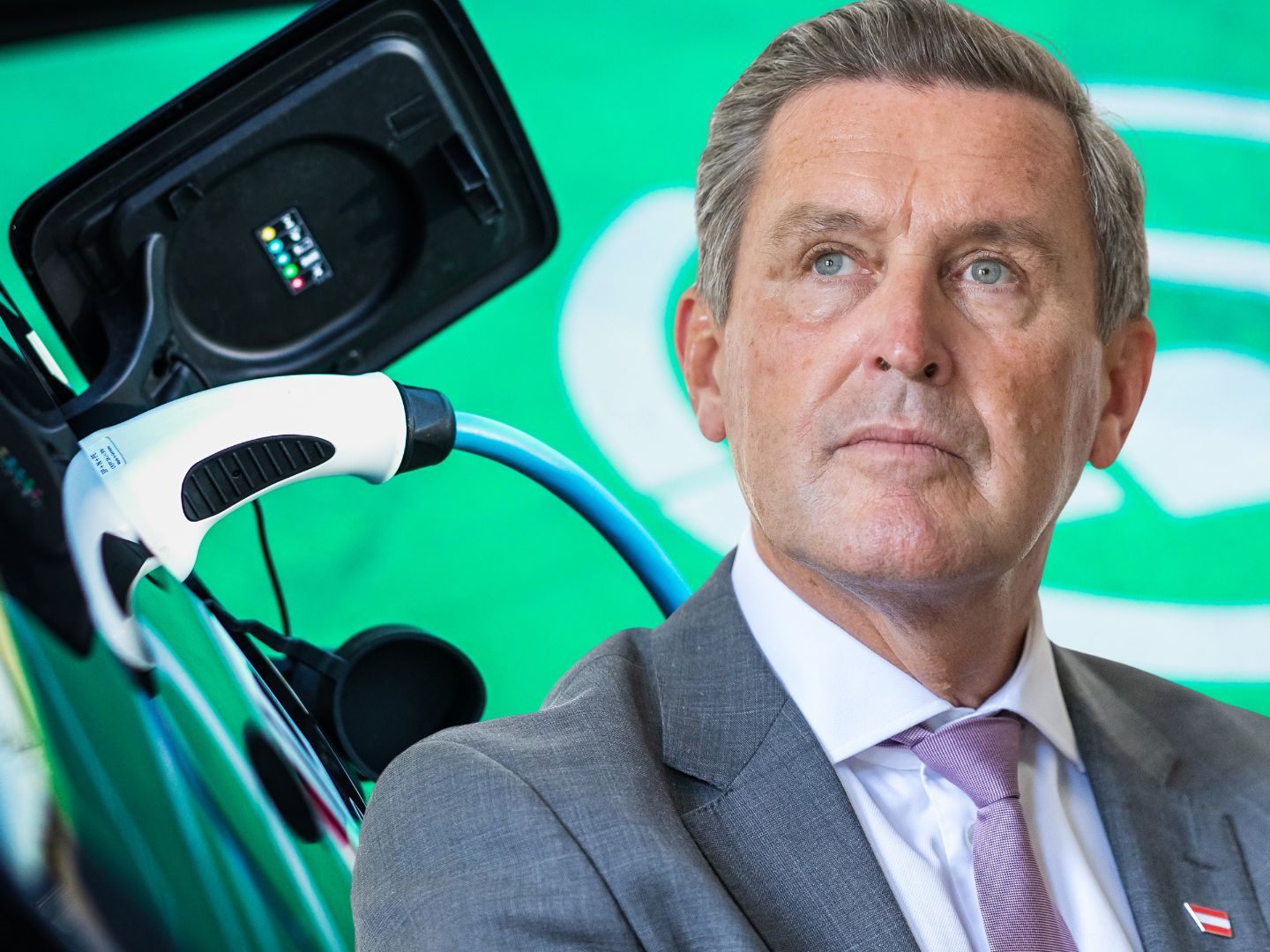480 Million Euros Funding for E-Mobility by 2026

In Austria, the mobility transition is to be supported with a total of around 480 million euros this year and in 2026. Among other things, the money is to be used to expand the charging infrastructure for e-vehicles. However, subsidies for the purchase of private e-cars will not be resumed. "We desperately need an improvement in the charging infrastructure," said Mobility Minister Peter Hanke (SPÖ) at the presentation of the "eMove Austria" program.
249 public charging stations built last year
In May, there were over 27,000 public charging points for e-vehicles in this country. By far the largest part consists of "normal charging points," which have the weakest charging performance. The goal is for 95 percent of Austrians to have a fast charging point (23 to 150 kW charging power) within a ten-kilometer radius by 2030, according to Hanke. "Currently, it is 15 kilometers." How many charging points need to be added to the nearly 4,600 fast chargers and around 2,200 "ultra-fast charging points" that existed as of May for this project cannot be specifically stated due to the calculation method.
Public charging infrastructure ("eCharge") will not be subsidized this year, with 30 million euros planned for 2026. With a budget of ten million euros, 249 public charging stations were built last year, calculated Karin Tausz, managing director of the Research Promotion Agency FFG. "eCharge is only subsidized if it can be charged with renewable energy," Tausz added. This sector is intended for currently underserved areas, especially rural areas.
No money for e-cars: Subsidy focuses on buses and infrastructure
For the highways, the state-owned Asfinag has set the goal of increasing the charging points for cars along its routes to 1,500 by 2030. Currently, there are 332 car charging points there, according to Hanke. The current 22 truck charging points of Asfinag are to be expanded to 1,300 on domestic highways by 2035.
The most money is planned for the "eBus" sector, which targets the fleet conversion in public transport. This year and next year, a total of around 240 million euros are to flow into this area. The switch to electrically operated trucks is to be subsidized with nearly 140 million euros, and individual e-vehicles (e-mopeds and e-motorcycles, note) with a total of 70 million euros. An online platform is to show "how the situation is developing," according to Hanke regarding the entire subsidy program.
25,000 e-car registrations this year
This year, around 25,000 e-cars were newly registered in the first five months - thus, at the end of May, there were around 225,000 registered e-cars in Austria. Private cars still represent the minority here. "If the infrastructural offer is right, the willingness to switch to e-mobility is also higher," said Hanke. His ministry wants to contribute to achieving Austria's goal of climate neutrality by 2040.
(APA/Red)
This article has been automatically translated, read the original article here.





